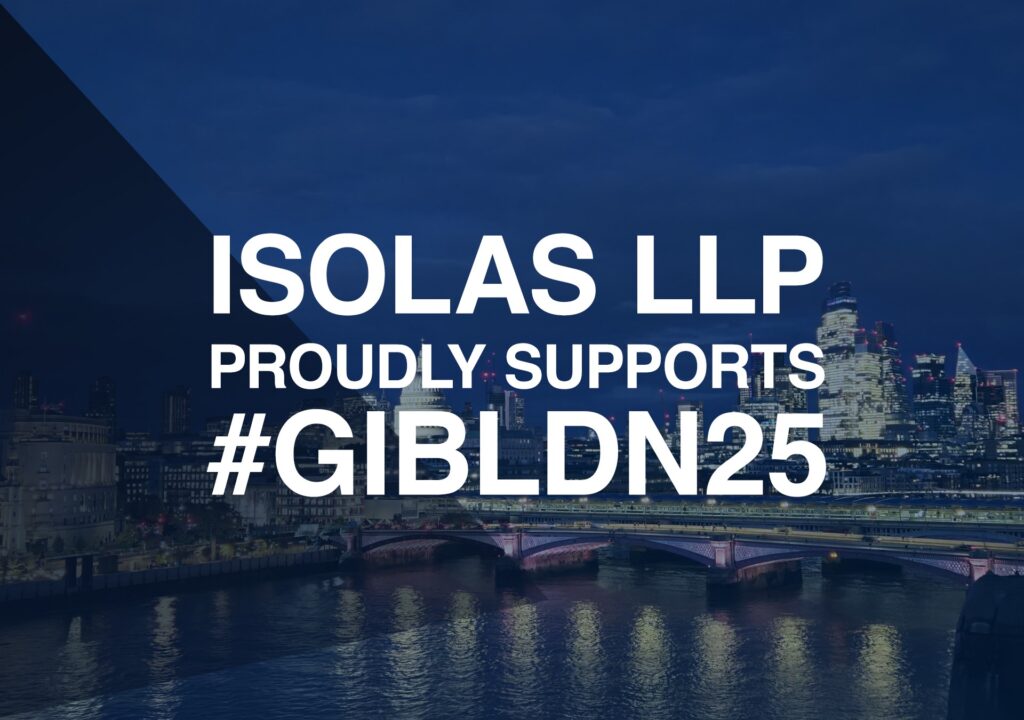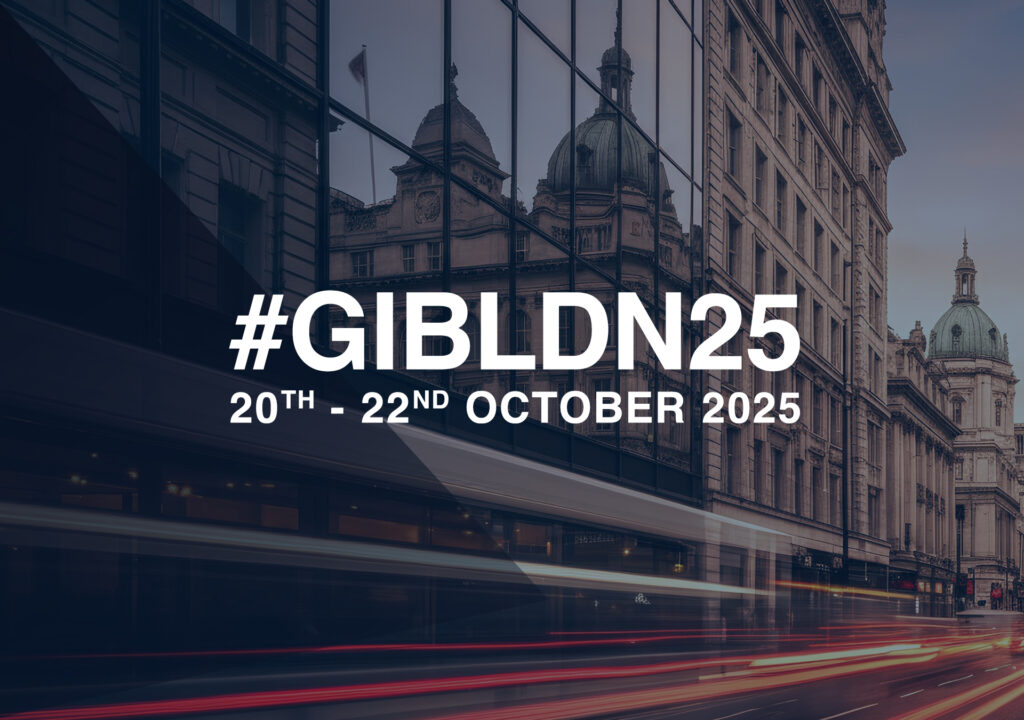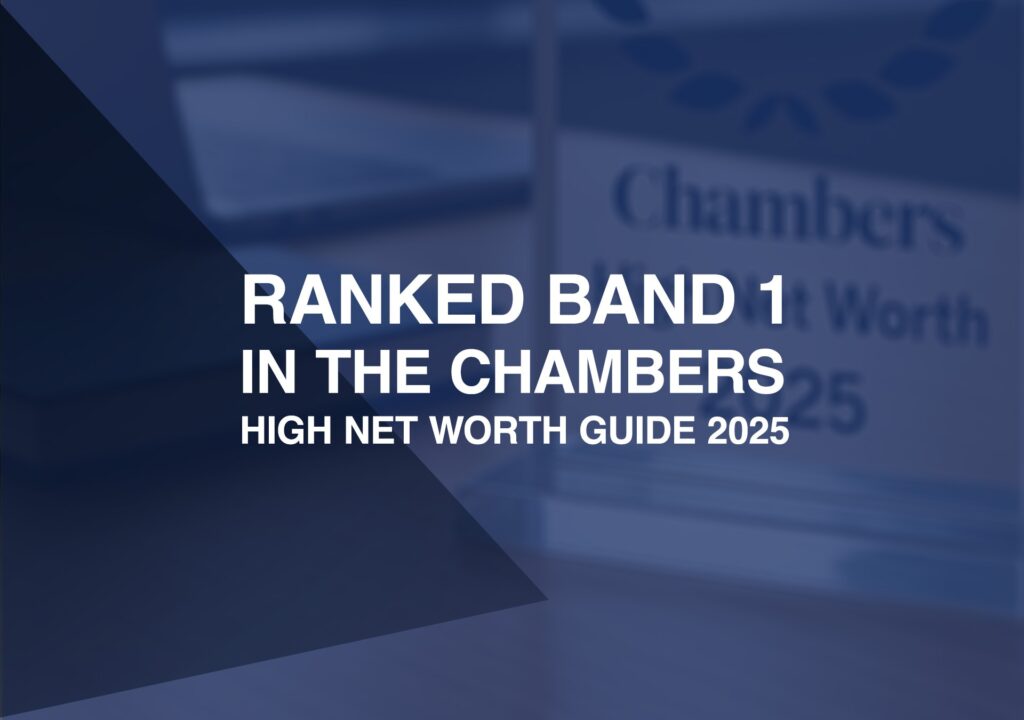The Tenth Meeting of the Fourteenth Parliament was held in the Parliament Chamber on Tuesday 20th July 2021 at 10.30am. As part of the agenda, the first Budget for two years was presented to Parliament.
The first year of the pandemic saw Gibraltar’s economy shrink by approximately 4.9%, this following a 4.5% growth just one year earlier. A GDP forecast of £2.4 billion has been announced for 2020/2021.
In addition to the £500 million borrowed to cover costs brought about by the pandemic, the Government announced they will be borrowing a further £51 million. Aggregate public debt has increased from £438.9 million as at March 2019 to £677.7 million by 31 March 2021, still falling within the ratio of 40% of GDP at £2.57 billion.
A number of key areas for change during the 2021/2022 fiscal year were addressed, applicable retrospectively as from 1 July 2021:
Corporate Tax
Recommendations by the Organisation for Economic Cooperation and Development (OECD) and G7 on Base erosion and profit shifting (BEPS) have been adopted. These will affect Gibraltar registered and administered Multi National Entities (MNEs) that will from now on be taxed in the territory or territories in which they operate and derive profits. No longer will they be taxed solely in the low tax jurisdictions that they are registered.
Additionally, OECD countries will move to harmonise their tax rates. Gibraltar is therefore increasing its corporation tax rate to 12.5%. A future increase to 15% is envisaged, at the very least.
Not included in the Budget, but announced recently, is the increase in Social Insurance contributions. The weekly rate for employers has increased from £9.85 to £28 (minimum) and from £40.15 to £50 (maximum), with the rate for self-employed persons brought into line with the payments from employers at £25 and £50 a week.
Over the next two fiscal years (i.e. ending 30/06/2023), the following assistance will be offered:
An additional deduction against profits of 50% of the basic salary of newly employed staff will be allowed.
Businesses that invest in training under S16 of Part IV of Schedule 3 of the Income Tax Act, will have that deductible investment increased by 10% to 60%.
An additional 50% of marketing costs will be available for deduction against profits.
First year capital allowances on plant and machinery and computer equipment will be increased to £60,000 and £100,000 respectively. Where expenditure breaks these limits the allowance will be the higher of 50% of the expenditure or the above limits.
Where allowances have been pooled, the applicable rate will be increased to 30% and 25% “for persons other than companies and companies chargeable in accordance with Section 6 of the Income Tax Act 2010” and “any other company”, respectively.
Wear and tear allowance of 1% will be given on the cost of acquiring the property in which business takes place. This is separate and distinct from the industrial buildings allowance.
Electric vehicles will now fall within the definition of plant and machinery if they are wholly or partly used in the business.
Expenditure on any solar energy systems installed by companies/business or individuals will be granted tax relief at the following increased rates:
- Category A+ = 100%
- Category A = 85%
- Category B = 70%
- Category C = 50%
- Category D = 30%
- Category E = 25%
- Category F = 10%
Personal Tax
Age allowance has been increased from £5,600 to £5,685 per annum.
Age allowance for married couples has been increased from £9,055 to £9,190 per annum.
Blind persons allowance has been increased from £5,395 to 5,475 per annum.
Allowance for children studying abroad has increased from £1,355 to £1,375 per annum.
Allowance for dependant, non-resident, relatives has been increased from £220 to £250 per annum.
Allowance for dependant, resident, relatives has been increased from £335 to £400 per annum.
Allowance for disabled individuals has been increased from £9,475 to £10,000 per annum.
Allowance for nursery fees is increased from £5,400 to £5,480 per annum.
Allowance for single parent families is increased from £5,690 to £5,800 per annum.
CAT2 and HEPPS
The cap for CAT 2 individuals beyond which no further taxation is due is increased from £80,000 to £105,000.
The minimum tax payable by CAT 2 individuals is increased from £22,000 to £32,000 per annum.
High Executives Possessing Special Skills (“HEPSS”) will need to earn an increased minimum amount of £160,000 (instead of the existing level of £ 120,000) in order to qualify under this allowance. They will pay tax on this amount and no higher amount. Those individuals currently holding a HEPSS certificate will remain grandfathered for a period of two years.
The above changes are to apply as from 1 August 2021.
Pensions and Wages
Old Age pension will increase by the rate of inflation.
Minimum wage will increase to £7.50/hour for at least the next three financial years.
Import Duty
Diesel fuel supplied to a superyacht, jet ski or pleasure craft will now attract 12 pence of duty per litre; roughly the same amount as will be due by the reduction of the rebate by one third in respect of other fuel.







